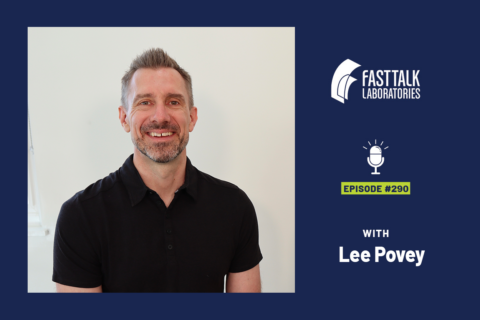
Why Coaches Need Support, too, with Lee Povey
The modern coach often assumes their job is fundamentally self-sacrificing – the athlete always comes first. We talk about why changing that belief can make for a better coach.
To optimize performance, it’s as important to train your psychology as it is to train your physiology. Understanding how to deal with issues such as anxiety, confidence, and resilience using tools like self-talk and mindfulness will make you a more complete athlete.

The modern coach often assumes their job is fundamentally self-sacrificing – the athlete always comes first. We talk about why changing that belief can make for a better coach.

What to do when you find yourself caught up in other athletes seeming tougher, happier, and more badass than you on social media.
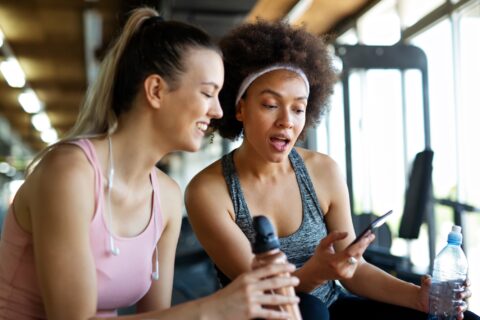
It’s natural and at times beneficial to compare yourself to others, but social media can exacerbate the negative aspects that come with too many comparison games.

This comprehensive guide includes tips and conversation starters to help coaches walk their athletes through this digital Wild West.

We talked with Sonya Looney about how the concepts of flow states, flourishing, and grit are essential for athletes to both perform their best and enjoy their sport.
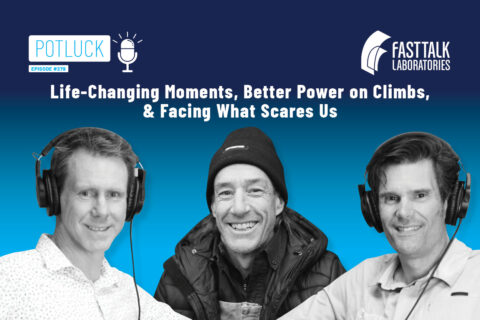
We discuss an eclectic group of odd, challenging, and humorous training topics in this week’s Potluck.
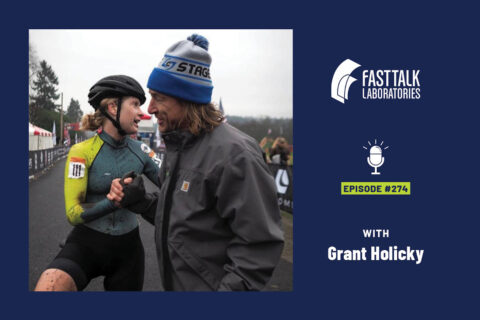
In this roundtable discussion, we dive into how personal connections between athletes and coaches may be more important than training plans.

All athletes fear the injury that takes years to recover from or permanently changes their lives. We talk with several experts on how to manage serious injury and find yourself again.
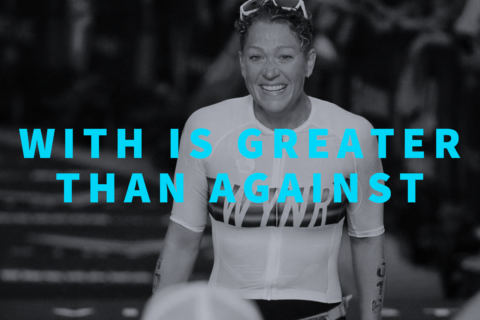
When female athletes are encouraged to work with their competitors—not against them—it raises everyone’s game, as Coach Lauren Vallee knows only too well.

Body image, underfueling, negative self-talk, comparison—these are just some of the things that commonly prevent female athletes achieving their best, yet they don’t have to. One coach shares her way of turning this around.

What happens between your ears is every bit as important as what happens in your muscles. We talk goals, mindset, body image, and more with sport psychologist Dr. Julie Emmerman.

Learn the importance of working on your body first to effect change in your brain and mind.
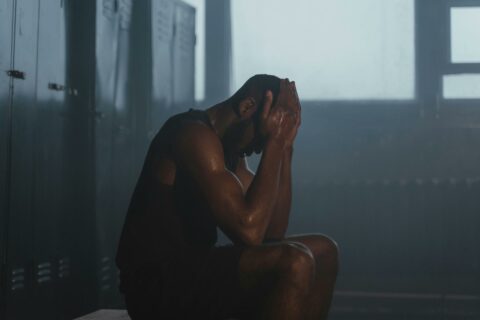
Measured doses of discomfort can yield improvements to self-awareness, motivation, and resilience.

If Coach Holicky could boil sports psychology down to one concept, it’s being present in everything we do. We explore this concept and how it ties together mental toughness, motivation, and even pain tolerance.
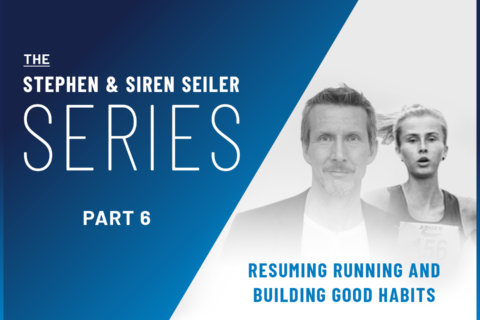
Siren Seiler talks about getting back into running and the importance of building good habits around training and recovery.
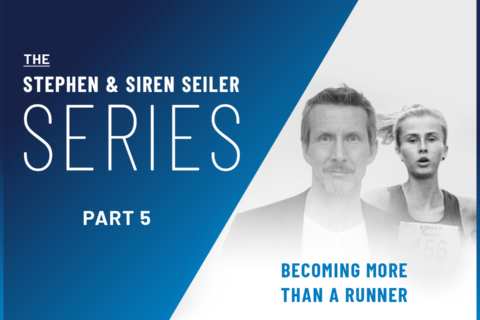
Siren Seiler talks about how building a life outside of running helps her navigate some tough times in her athletic career.

In this week’s Fast Talk podcast, we discuss the impact digital media can have on the physical, mental, and emotional health of athletes.

What is pain—and how can we learn to tolerate it in training and racing? We find out on our latest Fast Talk podcast where we’re joined by neuroscientist Dr. Scott Frey.